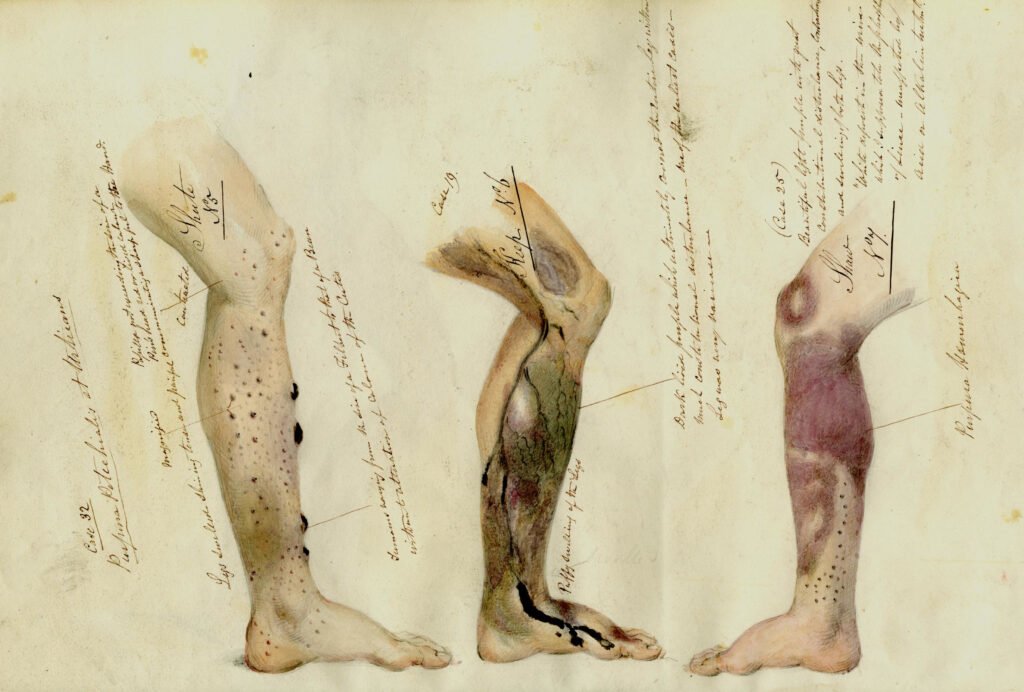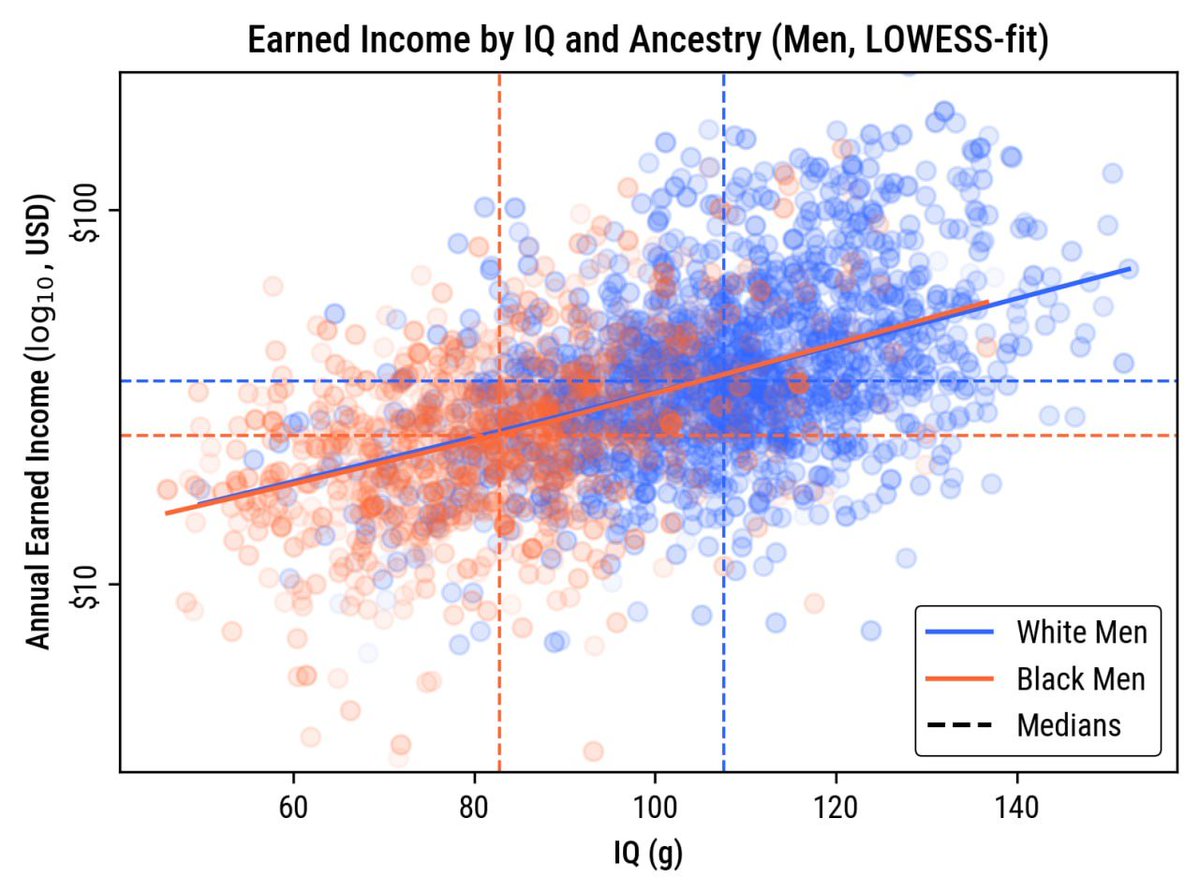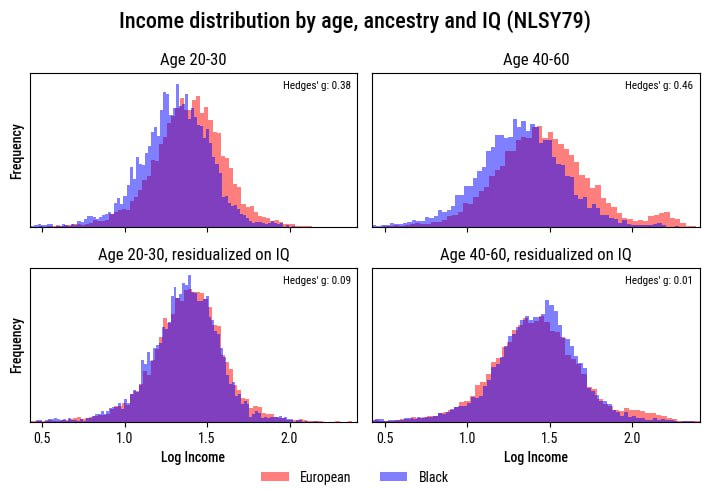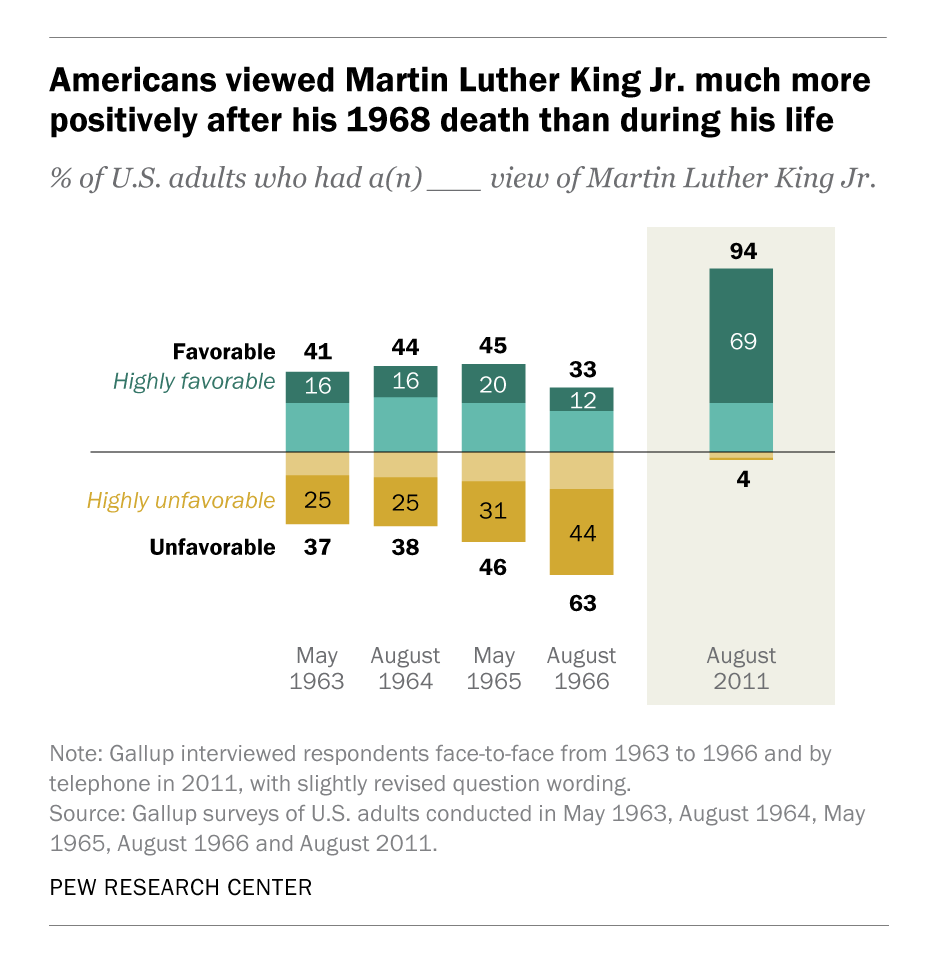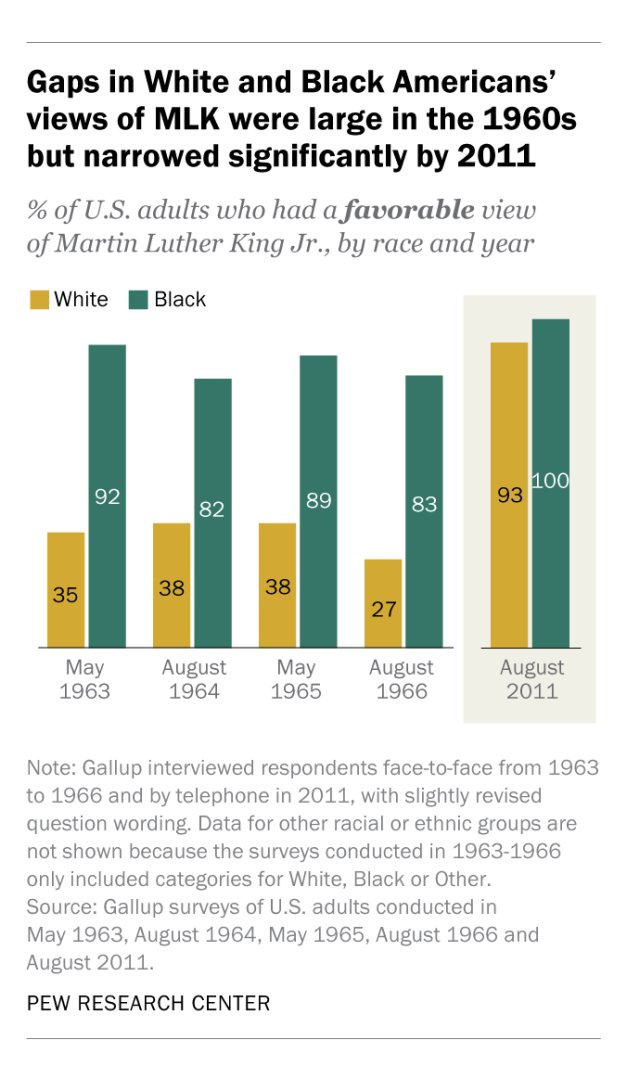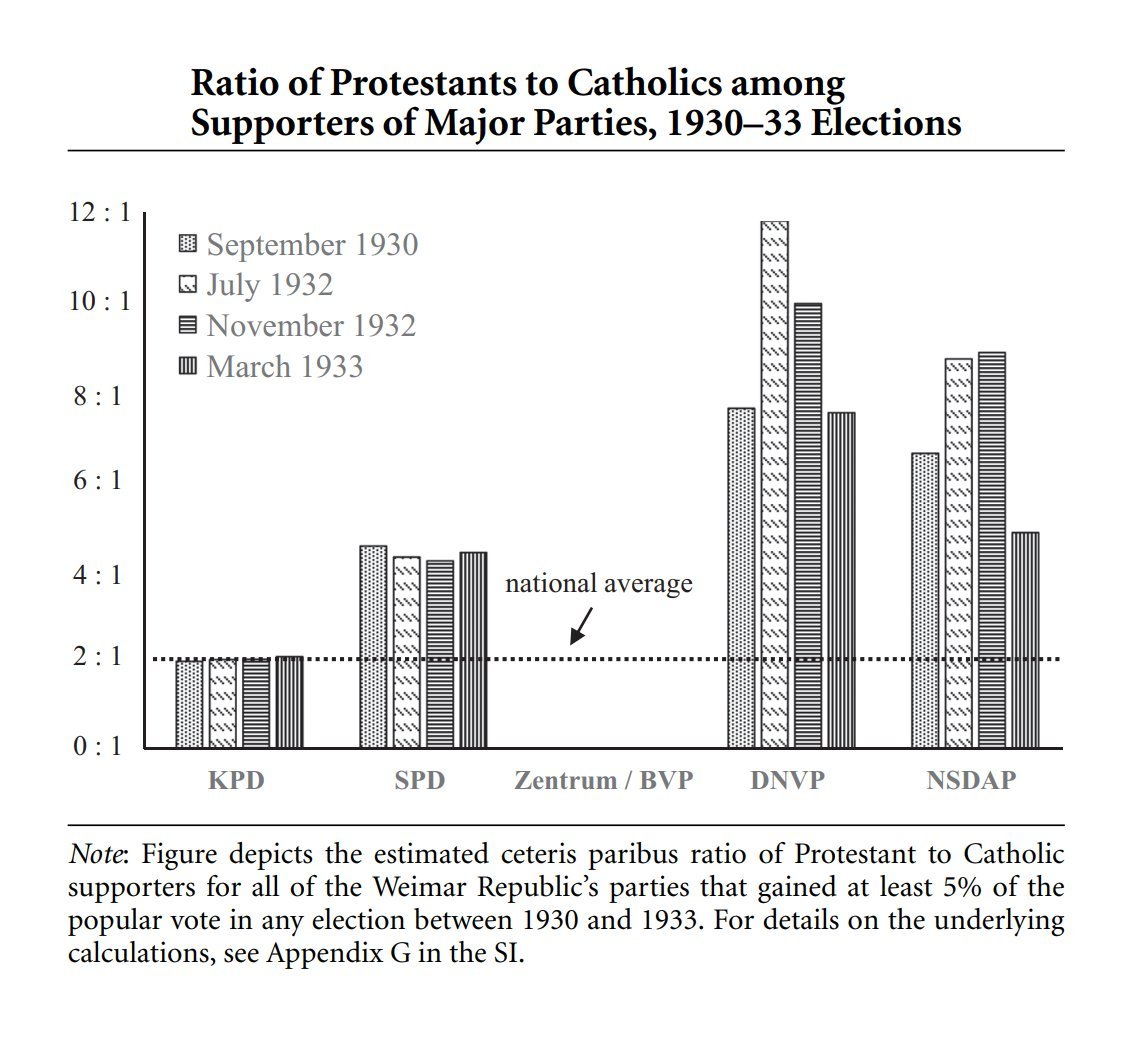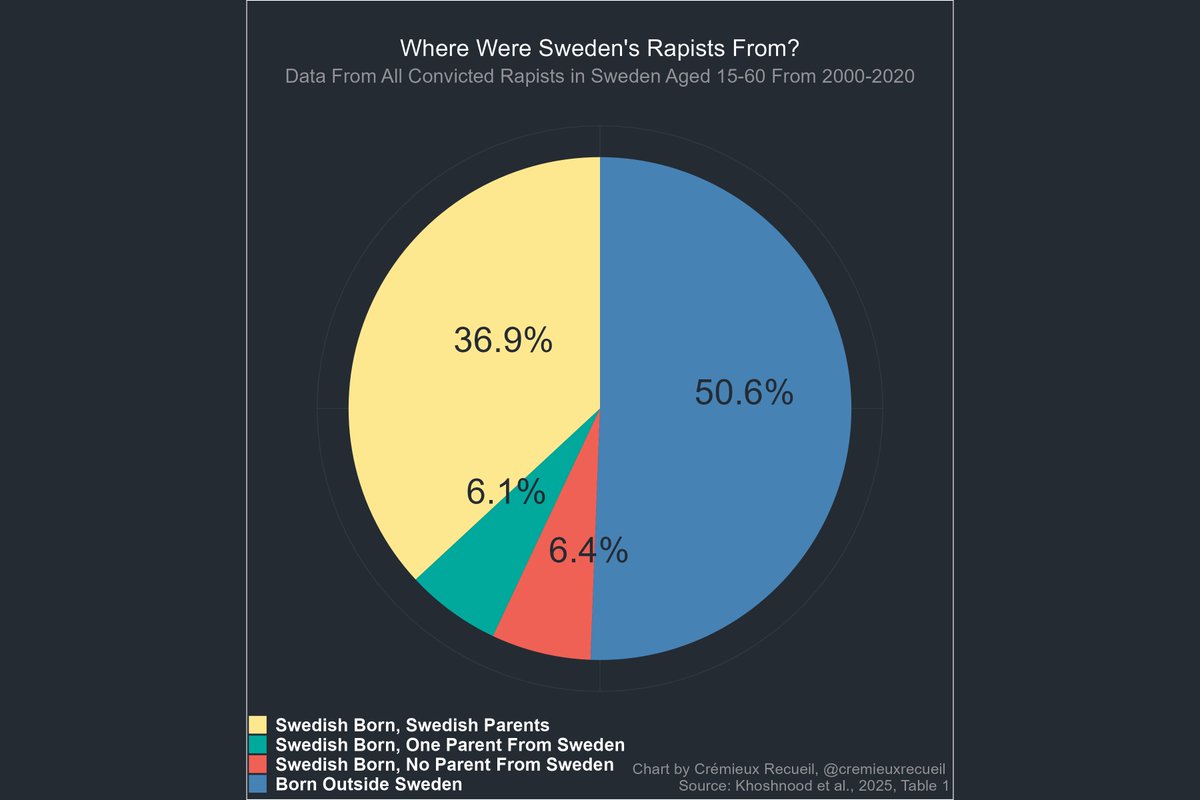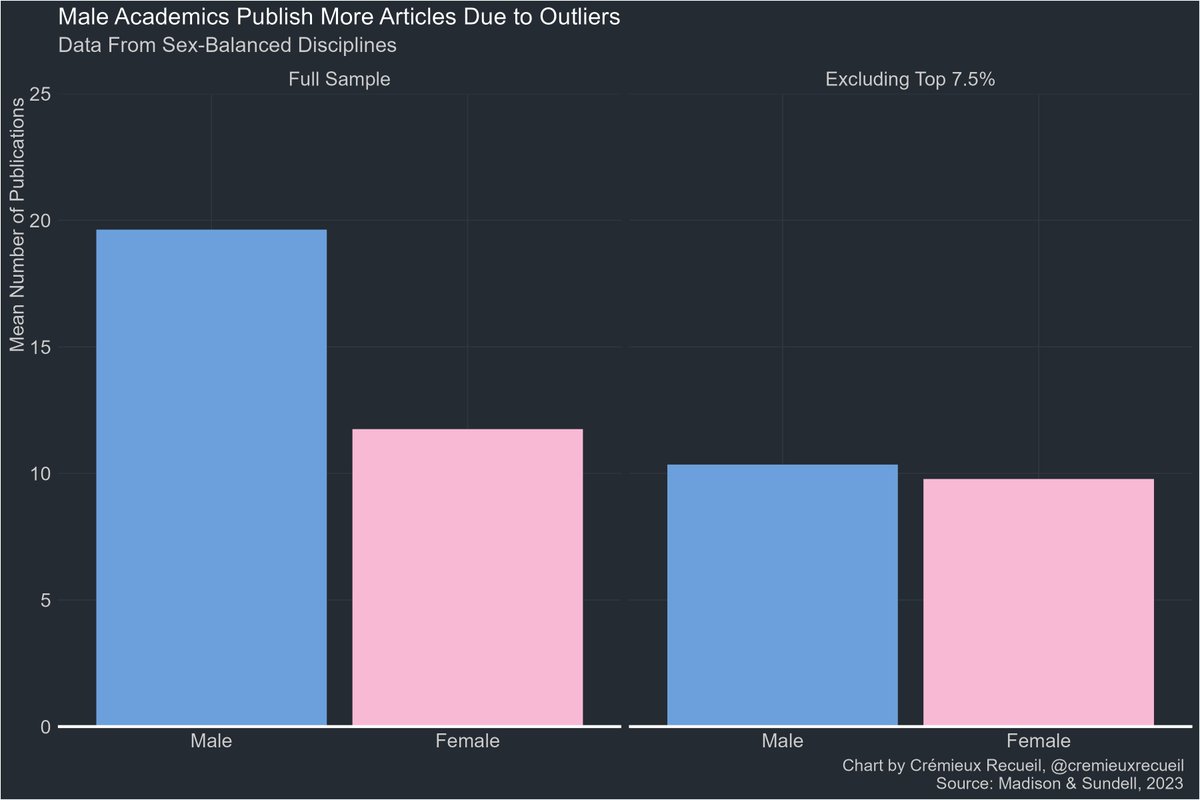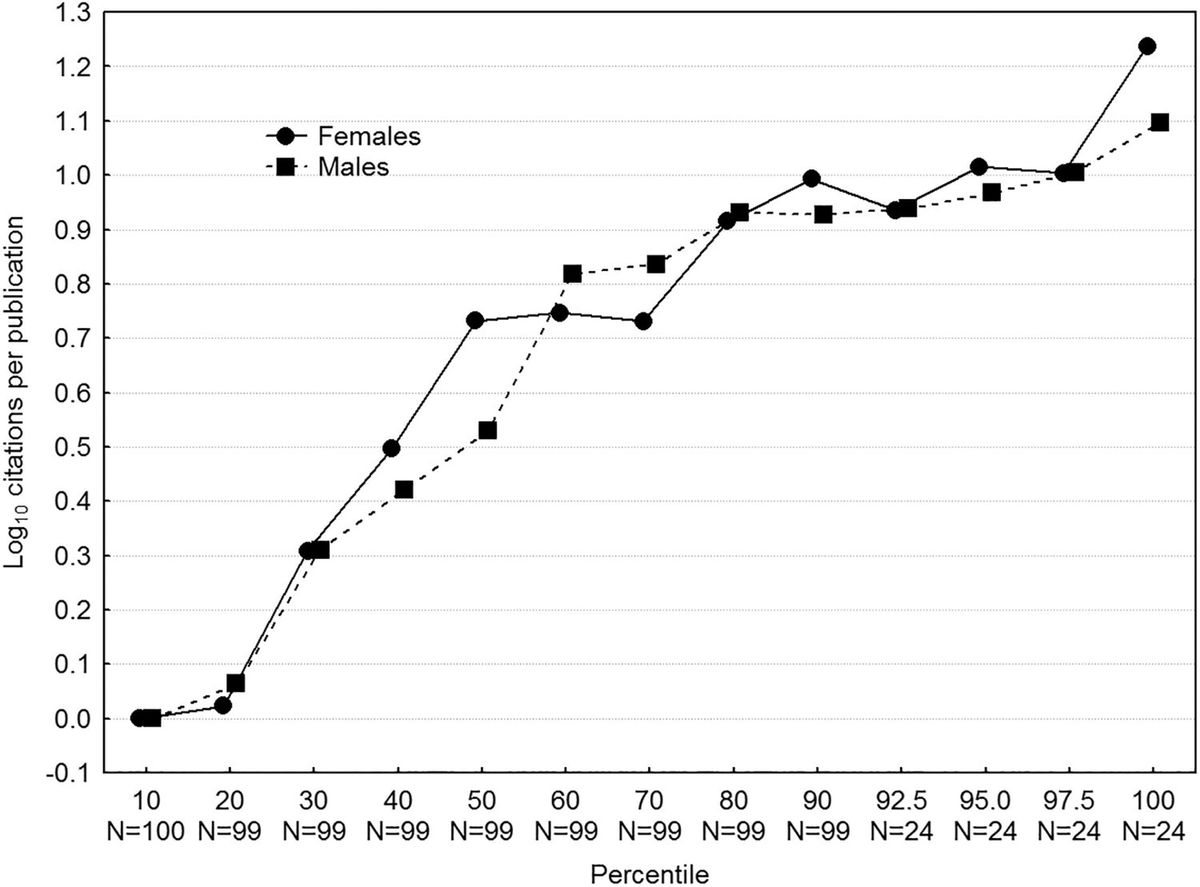Manhattan is arguably America's most iconic city, and more arguably, its only 'real' city.
But its own laws have made the buildings that make it so iconic illegal to build more of🧵
But its own laws have made the buildings that make it so iconic illegal to build more of🧵

Many of the existing buildings in Manhattan that you couldn't make today are too tall by current standards. 

Many of the existing buildings in Manhattan that you couldn't make today have too many apartments by current standards. 

Many of the existing buildings in Manhattan that you couldn't make today have too much space dedicated to business by current standards. 

Many of the existing buildings in Manhattan that you couldn't make today have building footprints that are too tall by current standards. 

But the buildings that make New York tall, dense, and filled with architectural juxtaposition also made New York so iconic, they made it more livable than it would've been otherwise, and they made it great.
The new laws simply don't respect the old vision for New York.
The new laws simply don't respect the old vision for New York.

This problem isn't unique to New York either.
In tons of American cities, existing builds are illegal by new standards that are generally not justified by any sort of safety or quality concerns, but which instead are driven by local interest groups and dumb policymakers.
In tons of American cities, existing builds are illegal by new standards that are generally not justified by any sort of safety or quality concerns, but which instead are driven by local interest groups and dumb policymakers.
Sources:
sfzoning.deapthoughts.com/illegal_homes.…
nytimes.com/interactive/20…
nytimes.com/interactive/20…
sfzoning.deapthoughts.com/illegal_homes.…
nytimes.com/interactive/20…
nytimes.com/interactive/20…
• • •
Missing some Tweet in this thread? You can try to
force a refresh





